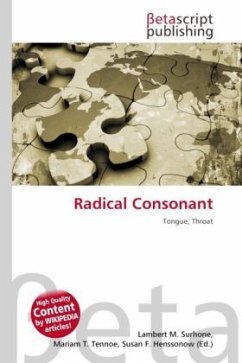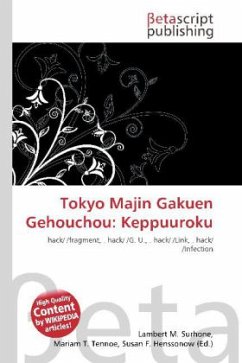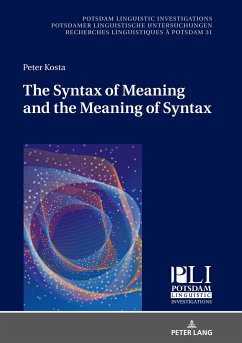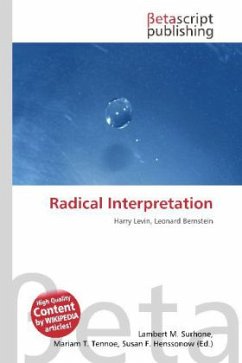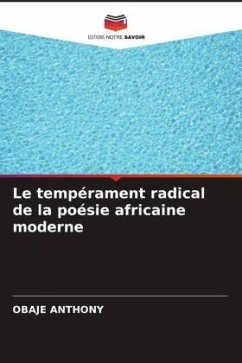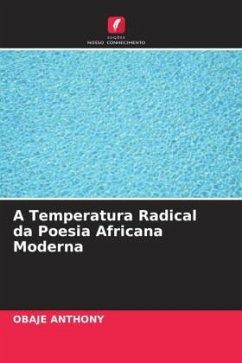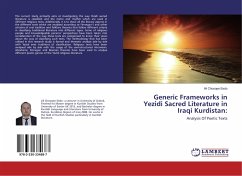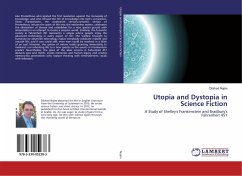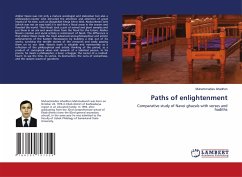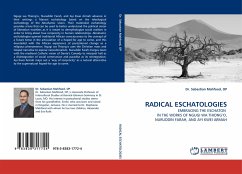
RADICAL ESCHATOLOGIES
EMBRACING THE ESCHATON IN THE WORKS OF NGUGI WA THIONG'O, NURUDDIN FARAH, AND AYI KWEI ARMAH
Versandkostenfrei!
Versandfertig in 6-10 Tagen
39,99 €
inkl. MwSt.

PAYBACK Punkte
20 °P sammeln!
Ngugi wa Thiong o, Nuruddin Farah, and Ayi Kwei Armah advance in their writings a Marxist eschatology based on the teleological eschatology of the Abrahamic vision. Their materialist eschatology provides a lens that can be used to better understand the political vision of liberation novelists as it is meant to demythologize social realities in order to bring about true reciprocity in human relationships. Abrahamic eschatologies opened traditional African consciousness to the concept of a future tense in the articulation of a hoped-for age to come, and this dovetailed with the African experienc...
Ngugi wa Thiong o, Nuruddin Farah, and Ayi Kwei Armah advance in their writings a Marxist eschatology based on the teleological eschatology of the Abrahamic vision. Their materialist eschatology provides a lens that can be used to better understand the political vision of liberation novelists as it is meant to demythologize social realities in order to bring about true reciprocity in human relationships. Abrahamic eschatologies opened traditional African consciousness to the concept of a future tense in the articulation of a hoped-for age to come, and this dovetailed with the African experience of postcolonial change as a religious phenomenon. Ngugi wa Thiong o uses the Christian mass and Gospel narrative to expose neocolonialism. Nuruddin Farah merges Islam with the medieval Catholic vision of Dante s Comedy to interpret hell as a disintegration of social communion and paradise as its reintegration. Ayi Kwei Armah maps out a way of reciprocity as a natural alternative to the supernatural hoped-for age to come.



